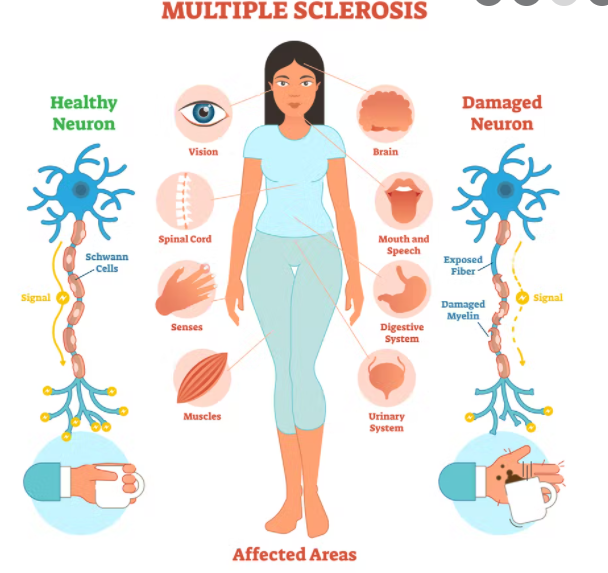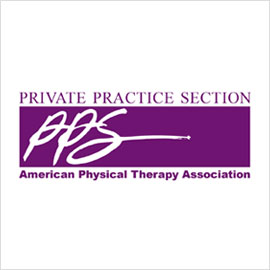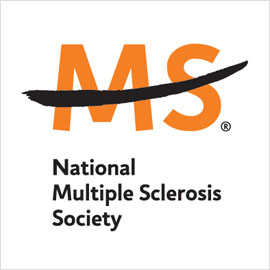
Physical Therapy Guide to Multiple Sclerosis
Multiple sclerosis is a disease that impacts the brain and spinal cord which make up the central nervous system and controls everything we do. The exact cause of MS is unknown, but we do know that something triggers the immune system to attack the brain and spinal cord. The resulting damage to myelin, the protective layer insulating wire-like nerve fibers, disrupts signals to and from the brain. This interruption of communication signals causes unpredictable symptoms such as numbness, tingling, mood changes, memory problems, pain, fatigue, blindness and/or paralysis. Everyone’s experience with MS is different and these losses may be temporary or long lasting.
Signs and Symptoms
MS leads to multiple signs and symptoms that may include:
Fatigue that does not go away with rest.
Difficulty walking and problems with balance.
Stiffness and spasms or a feeling of heaviness in your legs or arms.
Bladder and/or bowel problems, such as urgency or leaking.
Sexual dysfunction, such as less sensation, dryness, less desire, and trouble reaching orgasm.
Memory and thinking problems.
Pain and other unpleasant sensations.
Emotional or mood problems, including depression and apathy.
Vision problems, such as control of eye movements, seeing double, and blurry vision.
Dizziness or vertigo.
Speech and swallowing problems.
How Is It Diagnosed?
At this time, there are no symptoms, physical findings or laboratory tests that can, by themselves, determine if you have MS. Several strategies are used to determine if you meet the long-established criteria for a diagnosis of MS, and to rule out other possible causes of whatever symptoms you are experiencing. These strategies include a careful medical history, a neurologic exam and various tests including magnetic resonance imaging (MRI), spinal fluid analysis, and blood tests to rule out other conditions.
How Can a Physical Therapist Help?
Physical therapy for people with MS focuses on helping them return to the roles performed at home, work, and in the community. Your first physical therapy visit will consist of a complete examination to determine your impairments (ie, weakness, pain, loss of sensation, balance, or coordination), activity limitations (ie, daily activities that you are having difficulty with, such as walking, dressing, or getting into your vehicle), and participation restrictions (ie, an alteration to your normal activities, such as difficulty completing work and household tasks, caring for yourself or your family, or performing recreational and/or social activities). Following the examination, your physical therapist will develop a specific exercise program for you based on your condition and goals, including a home-exercise program and education on community-based exercise options.
Research studies have found that people in the early stages of MS may experience changes in their walking ability, balance, and breathing. If ignored, these early signs can lead to further disability. When someone receives a diagnosis of MS, the best option is to begin physical therapy right away to help improve any mild challenges, and possibly slow down the progression of the symptoms of the disease.
What Kind of Physical Therapist Do I Need?
All physical therapists are prepared through education and experience to treat multiple sclerosis. However, MS is a unique condition and you may want to consider:
A physical therapist who is experienced in treating people with neurological conditions, specifically multiple sclerosis.
A physical therapist who is a board-certified clinical specialist or who has completed a residency or fellowship in neurologic physical therapy and uses the designation NCS. This physical therapist has advanced knowledge, experience, and skills that may apply to this condition.








